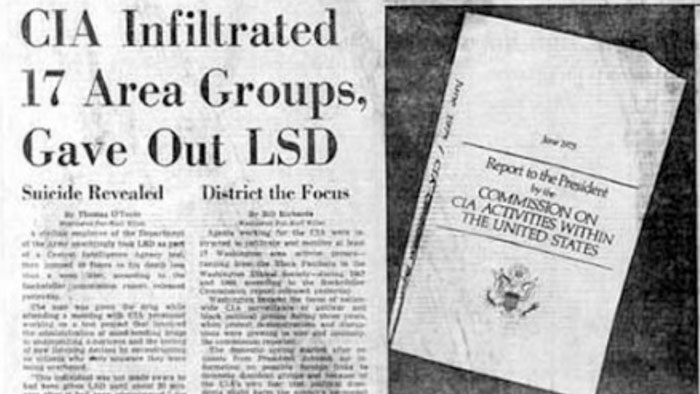In Mao Zedong’s communist China, in the late 1940s, a new approach to encourage ‘right-thinking’ emerged, termed xǐ năo, which means “wash brain”. This washing of the brain was designed to scrub out bad thoughts and ideas, freeing the now-cleansed brain to think about things ‘correctly’.
The term ‘brainwash’ entered the English vernacular in the early 1950s and became a dreaded boogeyman during the Cold War era. 1962’s The Manchurian Candidate made brainwashing the subject of a popular film, and in 1974 the United States’ own mind control program, dubbed MKUltra, came partly to light (though only after the CIA destroyed most of the project’s records a year earlier).

Chinese brainwashing and American reprogrammed assassins are interesting examples, but they’re just new takes on an age-old principle, one that’s been a central tenet of states, religions, rites of passage, and social groups of all shapes, colors, and sizes, since time immemorial.
That principle is at work in everything you see, read, listen to, or debate.
It’s even at work right now as you read this page.
That principle, of course, is that every message you let into your eyes or ears informs your worldview and alters your mental model ever so slightly... or sometimes so much.
And if you’re not careful about whom you let play switchboard operator in your brain, you may end up with a set of beliefs about the world that lead you all kinds of places you’d rather not go.









SHOW COMMENTS (24)